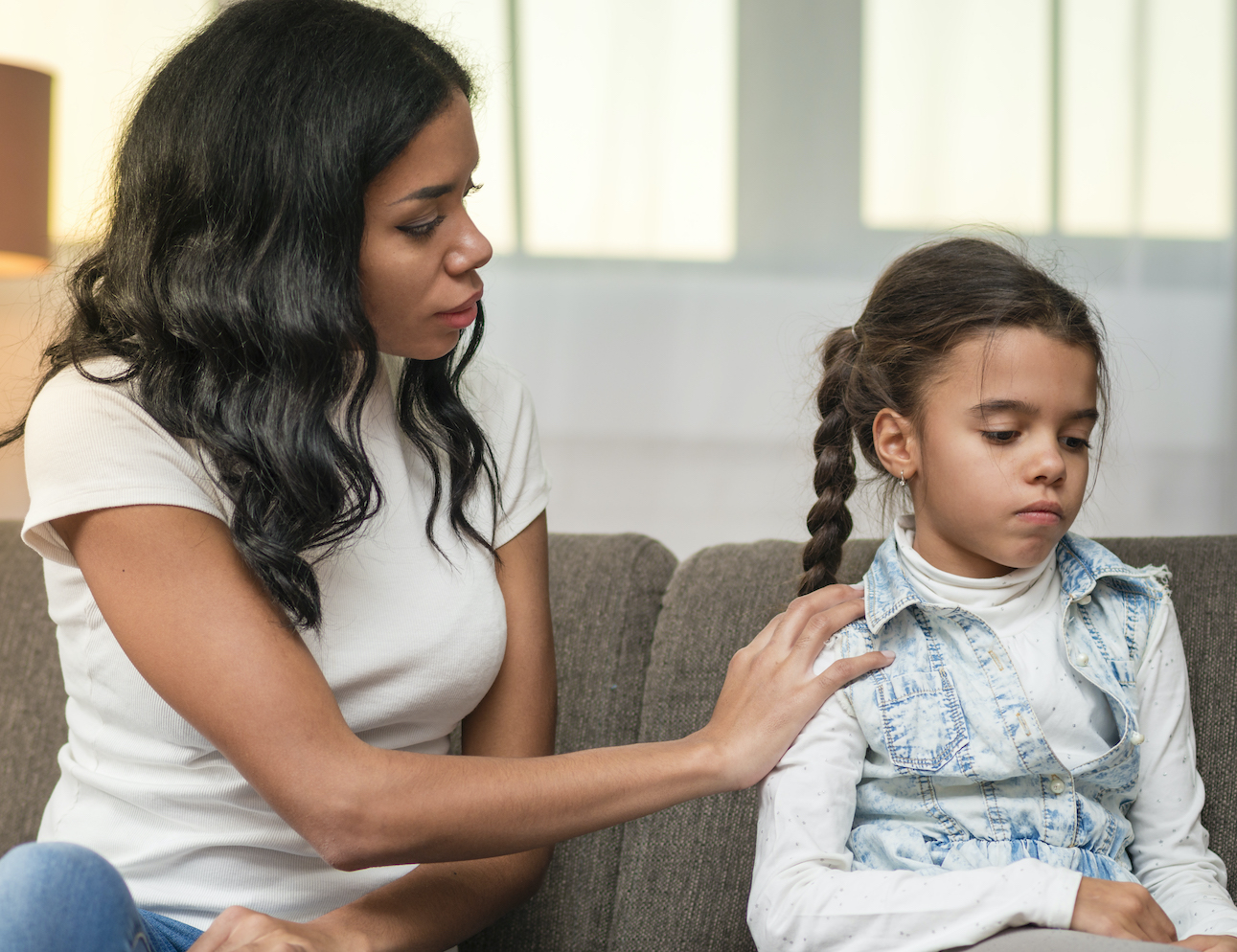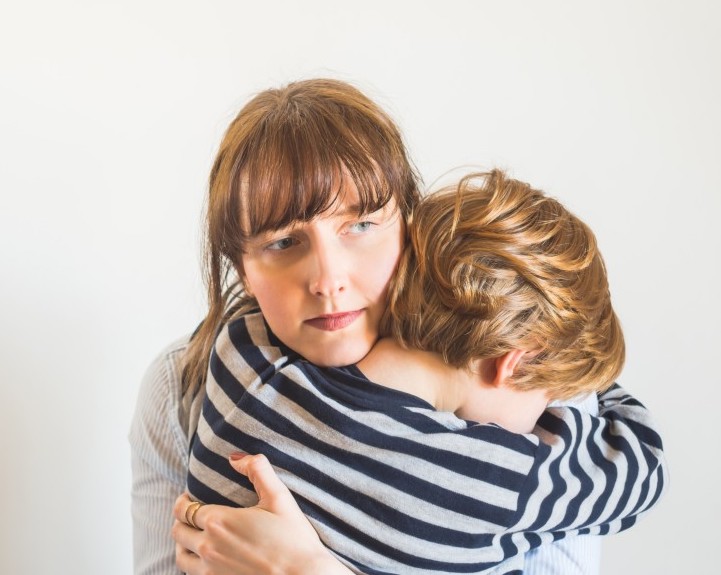How Difficult ‘Day After’ Discussions with Students Can Help Them Process the Present and Prepare for the Future
 Staring at the faces of the middle school teachers on her computer screen, Principal Laina Cox felt the tears welling up — again. They were discussing an email she’d sent the night before. The subject line read: “Living history.”
Staring at the faces of the middle school teachers on her computer screen, Principal Laina Cox felt the tears welling up — again. They were discussing an email she’d sent the night before. The subject line read: “Living history.”


 High profile acts of violence, particularly in schools, can confuse and frighten children who may feel in danger or worry that their friends or loved-ones are at risk. They will look to adults for information and guidance on how to react. Parents and school personnel can help children feel safe by establishing a sense of normalcy and security and talking with them about their fears. The
High profile acts of violence, particularly in schools, can confuse and frighten children who may feel in danger or worry that their friends or loved-ones are at risk. They will look to adults for information and guidance on how to react. Parents and school personnel can help children feel safe by establishing a sense of normalcy and security and talking with them about their fears. The 
 2020 was — to borrow a phrase from a popular kid’s book — a terrible, horrible, no good, very bad year. And for parents, one of the year’s hardest jobs was trying to explain current events to young kids.
2020 was — to borrow a phrase from a popular kid’s book — a terrible, horrible, no good, very bad year. And for parents, one of the year’s hardest jobs was trying to explain current events to young kids. 
 If you’re feeling anxious and overwhelmed, you’re not alone. People deal with stress in many different ways, some healthy and some unhealthy. Try these self-care tips to cope.
If you’re feeling anxious and overwhelmed, you’re not alone. People deal with stress in many different ways, some healthy and some unhealthy. Try these self-care tips to cope. 
 Feeling overwhelmed? Read this fact sheet to learn whether it’s stress or anxiety, and what you can do to cope.
Feeling overwhelmed? Read this fact sheet to learn whether it’s stress or anxiety, and what you can do to cope. 
 Whether it’s wall-to-wall coverage of a global pandemic, the latest natural disaster, a horrific mass shooting, a suicide broadcast on social media, or a violent political rally, it’s nearly impossible to keep the news at bay until you’re able to figure out what to say. The bottom line is that elementary school-aged kids and some middle schoolers have trouble fully understanding news events.
Whether it’s wall-to-wall coverage of a global pandemic, the latest natural disaster, a horrific mass shooting, a suicide broadcast on social media, or a violent political rally, it’s nearly impossible to keep the news at bay until you’re able to figure out what to say. The bottom line is that elementary school-aged kids and some middle schoolers have trouble fully understanding news events. 
 For some students, the fire is only the beginning. The nightmares, the grief and an all-consuming dread can persist for months or even years.
For some students, the fire is only the beginning. The nightmares, the grief and an all-consuming dread can persist for months or even years.
 Schools play a significant role in supporting the health and well-being of children and youth, including those affected by traumatic experiences. In a trauma-sensitive school, all aspects of the educational environment—from workforce training to engagement with students and families to procedures and policies—are grounded in an understanding of trauma and its impact and are designed to promote resilience for all.
Schools play a significant role in supporting the health and well-being of children and youth, including those affected by traumatic experiences. In a trauma-sensitive school, all aspects of the educational environment—from workforce training to engagement with students and families to procedures and policies—are grounded in an understanding of trauma and its impact and are designed to promote resilience for all. 
 A traumatic event is a shocking, scary, or dangerous experience that can affect someone emotionally and physically. Experiences like natural disasters (such as hurricanes, earthquakes, and floods), acts of violence (such as assault, abuse, terrorist attacks, and mass shootings), as well as car crashes and other accidents can all be traumatic. Researchers are investigating the factors that help people cope or that increase their risk for other physical or mental health problems following a traumatic event.
A traumatic event is a shocking, scary, or dangerous experience that can affect someone emotionally and physically. Experiences like natural disasters (such as hurricanes, earthquakes, and floods), acts of violence (such as assault, abuse, terrorist attacks, and mass shootings), as well as car crashes and other accidents can all be traumatic. Researchers are investigating the factors that help people cope or that increase their risk for other physical or mental health problems following a traumatic event. 

